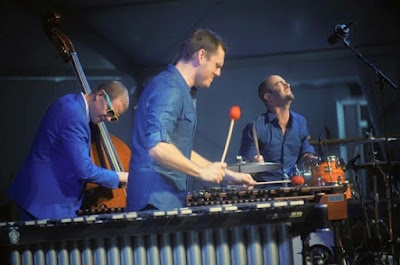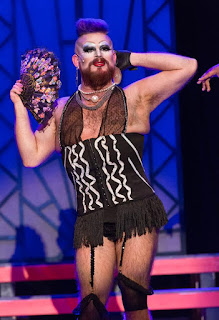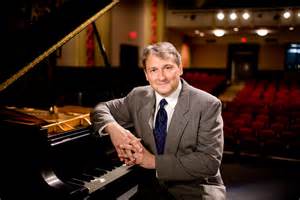The Wee Trio goes on tour, picking up a fourth player when it can, behind "Wee + 3"

There's nothing especially diminutive about the three men in their mid-30s who make up the Wee Trio, which will play the Jazz Kitchen on Nov. 9. The group chose its name with a touch of humor (including a nod to Nintendo's Wii game, new at the time). The original billing of the group with the names of its members — James Westfall, Dan Loomis, and Jared Schonig — was too cumbersome to last for long. Rapport from the get-go: Dan Loomis, James Westfall, and Jared Schonig are the Wee Trio. "But I don't know if we ever saw the group from a long-term perspective," the vibraphonist told me in a phone interview last week. "We played together a few times and found we had the same language in common to a T. So we said, 'Let's try to play a few gigs.'" Bassist Loomis and drummer Schonig went back several years — to student days at the Eastman School of Music in Rochester, N.Y. — before the Wee Trio first got together in Brooklyn, where the











